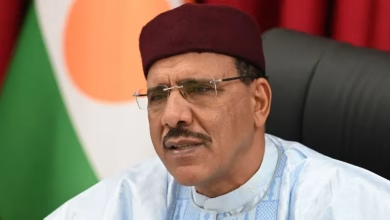Africa’s largest desalination plant launched

- Africa's largest seawater desalination plant launched in Casablanca.
- Plant to benefit 7.5 million inhabitants and address water scarcity.
- Project worth 6.5 billion dirhams, completed in two phases by 2028.
- Plant fully automated, powered by renewable energy.
The Casablanca seawater desalination plant, the largest in Africa, was launched on June 10, 2024, by Crown Prince Moulay El Hassan. The plant will have an annual production capacity of 300 million m3, benefiting 7.5 million inhabitants.
The project aligns with the King’s interest in addressing water scarcity, particularly amid rainfall deficit and pressure on conventional water resources. The plant is part of the National Drinking Water Supply and Irrigation Program 2020-2027, launched in 2020 with a total cost of 143 billion dirhams.
The plant will be built in two phases on a 50-hectare site, requiring an investment of 6.5 billion dirhams through a public-private partnership. The first phase, to be completed by end-2026, will have a capacity of 548,000 m3 of treated water per day, expandable to 822,000 m3 per day in the second phase by mid-2028.
The project involves a reverse osmosis seawater desalination plant and a drinking water transport system, including three pumping stations, storage tanks, and a 130-kilometer distribution network. The transport system will require a 3 billion dirham investment, financed by public funds.
The plant will be fully automated, powered by renewable energy, and have a drinking water production cost of 4.48 DH/m3. The latest-generation plant will feature advanced facilities, including seawater intake pipes, a discharge outfall, desalination facilities, and a control and management center.






